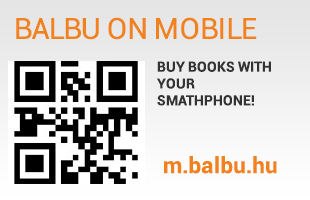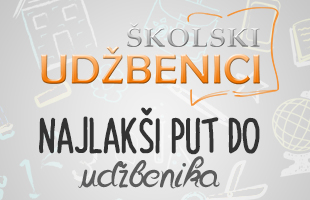The Middle Ages 1000 to 1600 - The Adventure of Discoveries and Inventions
- angol
- 160 oldal
- Kötés: kemény kötés
- jó állapotú antikvár könyv
- ISBN: 9780276445156
- Szállító: Weöres Antikvárium
- Apró sarokkopás
When the great dynasties of the Chinese Empire clashed, their wars led to the invention of gunpowder and the first rockets. Gunpowder was soon put to less destructive use in another Chinese innovation - fireworks. In a great flowering of inventiveness, the Chinese also came up with printing, playing cards, the wheelbarrow, and the first clock, which was water-powered and stood 10 metres (30 feet) high. From Europe meanwhile came stained glass for the Augsburg Cathedral in Germany, spectacles and brandy from Italy, and Gutenberg's moveable type, which allowed him to print 300 copies of his 1282-page bible. Columbus' breakthrough voyage to the Americas set off a frenzy of European exploration and exploitation, which in turn inspired the invention of new technologies and the acquisition of many useful developments from the newly discovered lands. Indirectly, it led to the first credible map of the world and to great advances in mathematics to aid navigation. This era also saw the first appearance of a modern-style toothbrush (from China), the pencil and an early encyclopedia. Divers at Toledo in Spain experimented with a primitive diving bell, and two Dutch spectacle-makers, Hans and Zacharias Janssen, devised the first microscope.









